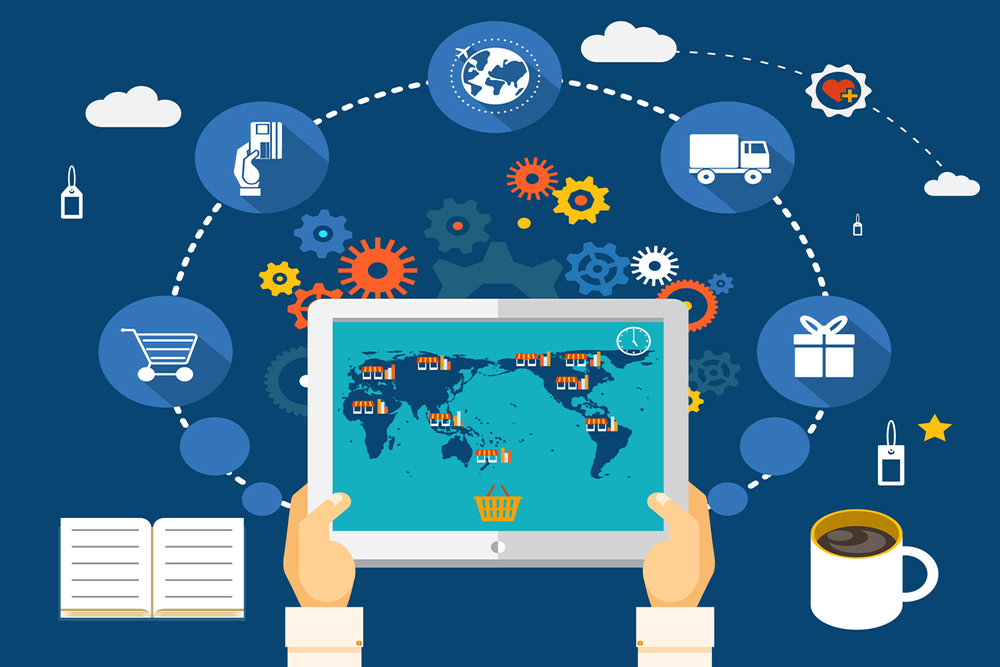DHL’s added air cargo capacity reduces supply chain strains
The German delivery company DHL has announced that it expects global supply chain bottlenecks to ease next year due to air travel restrictions being lifted, along with higher vaccination levels keeping Covid-19 infections down. This news is welcomed as the supply chain crunch stretching from Asian manufacturers to consumers across the rest of the world is still causing major issues.
Restrictions on travel to and from the U.S. are set to be lifted from November 8th, a key date, as the added flights allow more freight to be carried in the holds of passenger jetliners, according to DHL Chief Commercial Officer Katja Busch. As American ports are still backlogged, this alternative transport method is positive for both businesses and consumers waiting on goods.
Shipping rates are expected to decline as bottlenecks ease, but they won’t reach pre-pandemic levels for a while. It now costs about $20,000 to import a 40-foot container from Asia, up from less than $2,000 two years ago. Busch says that “the rates before the crisis had been very profitable for the ocean carriers, but the pandemic came and there was a lot of cost. They ordered new ships, so they’re heavily invested, and these are investments they need to earn back.”
Click here to read more
Apple and Nintendo suffering with semiconductor shortages
The American multinational Apple Inc. is struggling with the global chip shortage, as it has cut back production of iPad products to ensure there are enough chips to produce their new iPhone 13 devices. Although Apple has remained successful throughout the supply chain crunch, production of the iPad was down half from their original plans, showing that the shortages can damage even the biggest of companies.
Apple’s CEO Tim Cook has warned that the impact of supply chain disruptions would worsen leading up to the festive season, damaging the current sales quarter as the chip shortage is affecting the production of most of the company’s products. The iPhone maker is prioritizing their new iPhone 13 as it forecasts stronger demand than the iPad, as western markets are bouncing back from the pandemic.
Supply chain strains are also having an effect on the Japanese game giant Nintendo, with plans to make 30 million ‘Switch’ consoles shattered by the fact it cannot source enough semiconductors. The demand for the new console is strong, but the company will be forced to make around 20% less devices than planned. A company spokesman confirmed the chip shortage was “affecting production.”
Interested in reading more? Click here
Supply chain snarls proving to be profitable for Maersk
The world’s largest container shipping company, Maersk, is profiting from the recent supply chain issues, unlike other companies across the world. It expects the current global supply chain chaos to continue into next year, where it will hope to continue its success, as the company recently reported its best quarter in 117 years.
The cost of shipping has increased significantly recently due to high consumer demand, as well as widespread disruption to global supply chains. Maersk has said that “supplier delivery times remain lengthy, and there is little visibility into when capacity constraints, including landside bottlenecks in trucking and warehousing, will abate,” and the “ongoing exceptional market situation” is expected to continue until at least the first quarter of 2022, it added.
Due to the disruption, Maersk recorded $5.9 billion in profits before taxes, which is the best performance since the firm was founded in 1904. The company expect its high levels of profitability to continue, helped by the fact that it will be buying Senator International, a global freight forwarder, giving Maersk access to more aircraft, railway capacity, warehousing, distribution, and packaging.
Read more here

